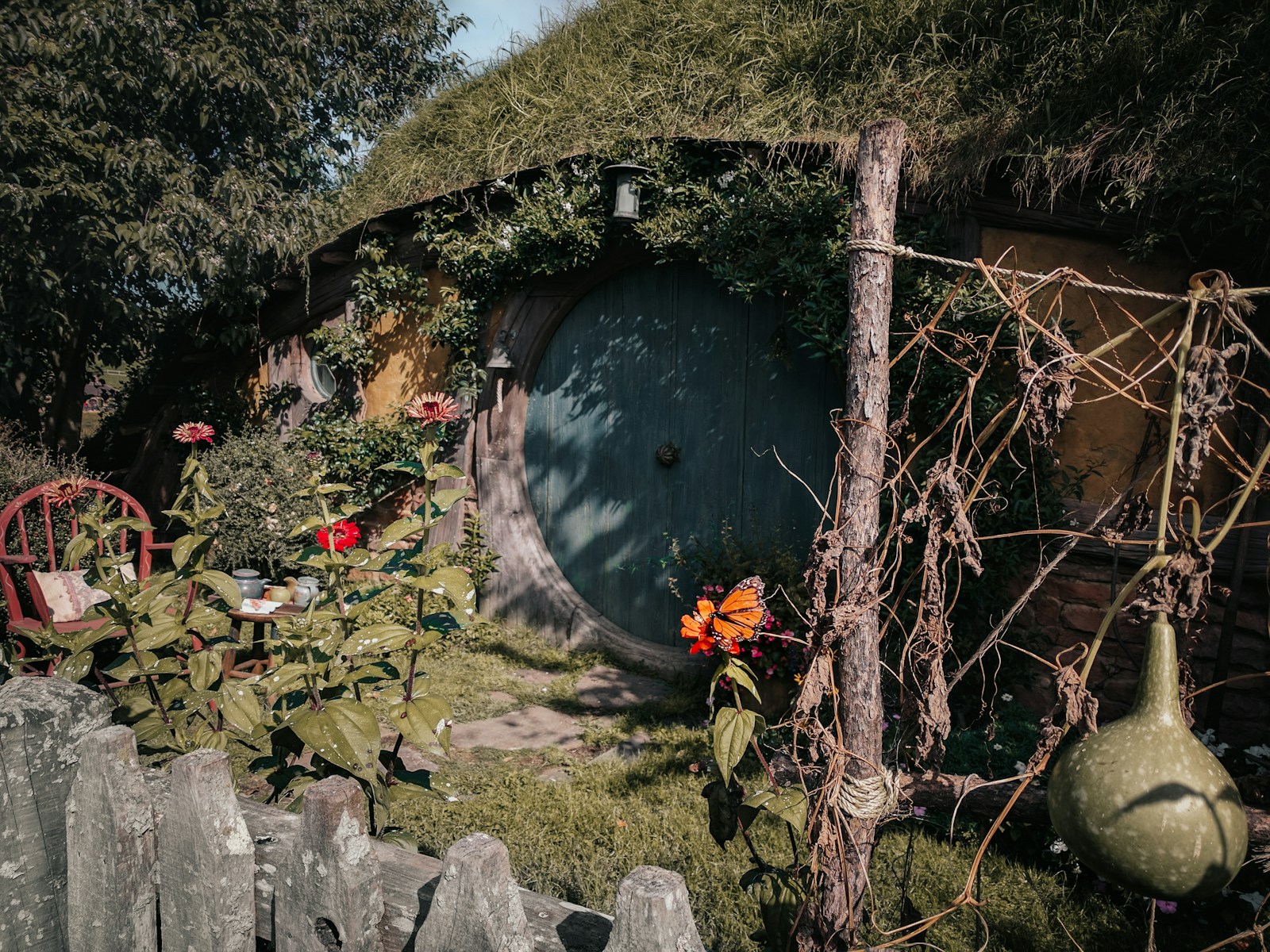
película

movie
This is the standard term for 'movie' in Spanish. It is used in both casual and formal contexts, identical to 'movie' in English. People can understand you referring to a feature film or movie.
Example sentences using: película
La película empieza a las 8.

The movie starts at 8.
This phrase is a common way to indicate the start time of a movie. The verb 'empieza' from 'empezar' is used to detail when the film begins.
Quiero ver esa película

I want to see that movie.
This phrase conveys a desire to see a specific movie. 'Quiero' is a form of the verb 'querer', meaning to want, and 'ver' means to see.
¿Has visto esta película?

Have you seen this movie?
This is a basic question which you can use to ask someone if they have watched a particular movie. It uses the verb 'visto', which is the past participle of the verb 'ver' (to see), to construct the perfect tense in Spanish.
Me encanta esta película.

I love this movie.
You can say 'Me encanta esta película' to express that you really like or love a movie. The word 'encanta' is a form of the verb 'encantar', which can mean 'to love' or 'to like a lot' when describing something that you enjoy.
La película es muy emocionante

The movie is very exciting.
In this phrase, we're using the adjective 'emocionante' to describe the movie. This is a commonly used adjective to describe a movie or show that is thrilling or exciting.
No me gusta la película.

I don’t like the movie.
This is a simple phrase to express that you do not like a specific movie. Here, the verb 'gusta' is used, which is a form of the verb 'gustar', expressing liking or preference.
La película es aburrida.

The movie is boring.
This phrase provides a negative review of the movie using the adjective 'aburrida'. This term signifies that the movie didn't interest or excite you.
La película fue excelente.

The movie was excellent.
This phrase expresses a high level of satisfaction with the movie. 'Fue' is the past tense of the verb 'ser', used here to describe the movie.
Esta película me hizo llorar.

This movie made me cry.
This is a strong emotional response indicating that the film moved the speaker deeply. 'Hizo' is the past tense of 'hacer', which means 'to make' or 'to do'.
Esta película trata sobre la amistad.

This movie is about friendship.
This phrase describes the theme or main topic of the movie. The verb 'trata' from 'tratar' is often used to talk about the subject of a movie, book, etc.